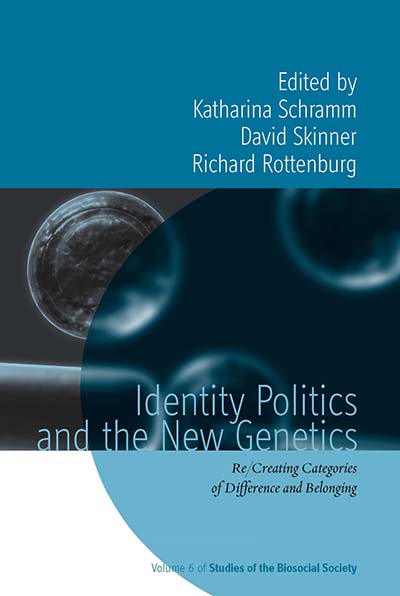Afro-Latin American Studies: An IntroductionPosted in Anthologies, Anthropology, Arts, Books, Brazil, Caribbean/Latin America, History, Literary/Artistic Criticism, Media Archive, Native Americans/First Nation, Politics/Public Policy, Religion, Social Science on 2018-05-30 01:50Z by Steven |
Afro-Latin American Studies: An Introduction
Cambridge University Press
April 2018
400 pages
233 x 165 x 43 mm
Hardback ISBN: 9781107177628
Paperback ISBN: 9781316630662
eBook ISBN: 9781316835890
Editors:
Alejandro de la Fuente, Robert Woods Bliss Professor of Latin American History and Economics; Professor of African and African American Studies
Harvard University, Boston, Massachusetts
George Reid Andrews, Distinguished Professor of History
University of Pittsburgh
Alejandro de la Fuente and George Reid Andrews offer the first systematic, book-length survey of humanities and social science scholarship on the exciting field of Afro-Latin American studies. Organized by topic, these essays synthesize and present the current state of knowledge on a broad variety of topics, including Afro-Latin American music, religions, literature, art history, political thought, social movements, legal history, environmental history, and ideologies of racial inclusion. This volume connects the region’s long history of slavery to the major political, social, cultural, and economic developments of the last two centuries. Written by leading scholars in each of those topics, the volume provides an introduction to the field of Afro-Latin American studies that is not available from any other source and reflects the disciplinary and thematic richness of this emerging field.
- Presents systematic and synthetic overviews of recent scholarship on topics of major importance in the field of Afro-Latin American studies, for example Afro-Latin American religions, Afro-Latin American political movements, and Afro-Latin American music
- Covers a broad range of topics, embracing most of the humanities and social sciences
- Serves as the authoritative introduction for Afro-Latin American history, covering the period from 1500 to the present
Table of Contents
- 1. Afro-Latin American studies: an introduction Alejandro de la Fuente and George Reid Andrews
- Part I. Inequalities:
- 2. The slave trade to Latin America: a historiographical assessment Roquinaldo Ferreira and Tatiana Seijas
- 3. Inequality: race, class, gender George Reid Andrews
- 4. Afro-indigenous interactions, relations, and comparisons Peter Wade
- 5. Law, silence, and racialized inequalities in the history of Afro-Brazil Brodwyn Fischer, Keila Grinberg and Hebe Mattos
- Part II. Politics:
- 6. Currents in Afro-Latin American political and social thought Frank Guridy and Juliet Hooker
- 7. Rethinking black mobilization in Latin America Tianna Paschel
- 8. ‘Racial democracy’ and racial inclusion: hemispheric histories Paulina Alberto and Jesse Hoffnung-Garskof
- Part III. Culture:
- 9. Literary liberties: the authority of Afrodescendant authors Doris Sommer
- 10. Afro-Latin American art Alejandro de la Fuente
- 11. A century and a half of scholarship on Afro-Latin American music Robin Moore
- 12. Afro-Latin American religions Stephan Palmié and Paul Christopher Johnson
- 13. Environment, space and place: cultural geographies of colonial Afro-Latin America Karl Offen
- Part IV. Transnational Spaces:
- 14. Transnational frames of Afro-Latin experience: evolving spaces and means of connection, 1600–2000 Lara Putnam
- 15. Afro-Latinos: speaking through silences and rethinking the geographies of blackness Jennifer A. Jones


